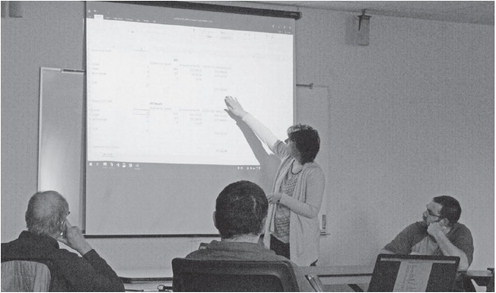School board opposes increasing staff retirement age


Members of the Medford School Board on Monday bucked their state association and went on record opposing a legislative plan to raise the minimum retirement age for state employee...


Members of the Medford School Board on Monday bucked their state association and went on record opposing a legislative plan to raise the minimum retirement age for state employee...